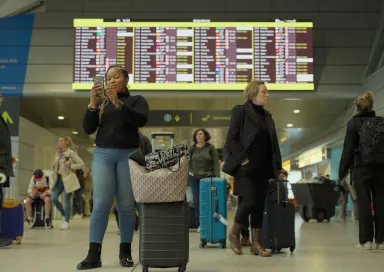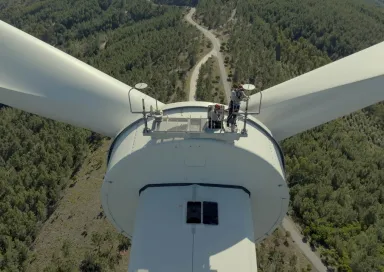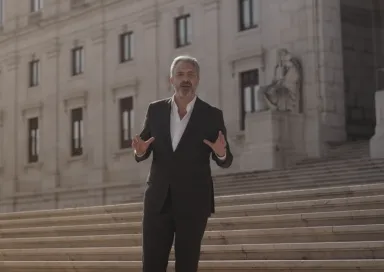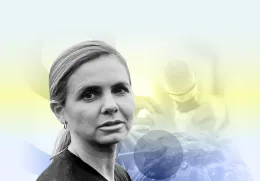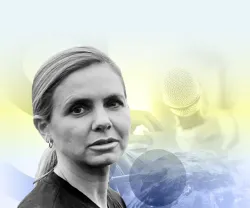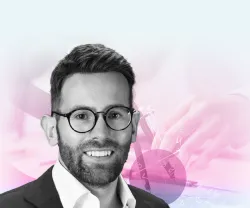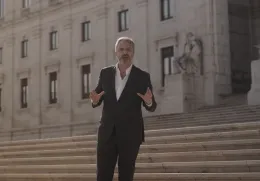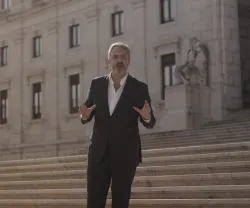Developments in recent decades reflect the decisive role of the welfare state in Portuguese society. But achievements such as longevity and birth control have become challenges to the very sustainability of the system. What kind of welfare state do we have and what kind of welfare state will we leave to the next generation?
Considered a civilisational advance and one of humanity’s greatest inventions, the best way to understand the importance of the welfare state is to imagine a country without the welfare state. The figures are eye-opening. Without social transfers, almost half the population would live below the poverty line.
But what is the welfare state and what risks does it protect us from? In what context did the Portuguese version develop and what are its major differences with other European countries?
The main difference in the Portuguese welfare state is the proportion of pensions in total social benefits expenditure . Although we spend a lot of money on pensions, Portuguese pensions are low (the average pension in Portugal is 476 euros). Between 1970 and 1990, the number of pensioners increased ninefold, and it is predicted that over a third of the population will be pensioners by 2070.
It is estimated that the critical period with the most serious financial impacts will be between 2030 and 2050. The forecasts say that Portugal is the EU country where pensions will suffer the most severe cuts in relation to the average salary.
Faced with a situation that could jeopardise the right to a decent standard of living for currently active contributors, what paths are there to counteract this situation?
This programme features input from António Bagão Félix (former Minister of Social Security and Labour and former Minister of Finance), Amílcar Moreira (specialist in Social Policies, ISEG), Armindo Silva (economist, former head of the European Commission’s Directorate-General for Employment), Rita de La Feria (specialist in Taxation, University of Leeds), João Peixoto (demographer, SOCIUS researcher, ISEG), Fernando Diogo (Sociology of Development specialist, University of the Azores), António Brandão Moniz (Sociology of Work specialist, UNL), Pedro Santa Clara (Professor of Finance, Director of Escola 42 Lisboa) and Catarina Neves (Uminho researcher, Nova SBE assistant professor).
A documentary produced and directed by Panavideo.
20

Documentaries from the Fundação Francisco Manuel dos Santos co-produced by RTP, Portuguese National Television.


